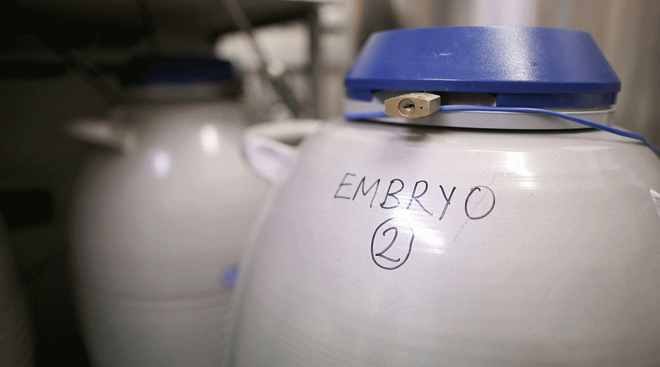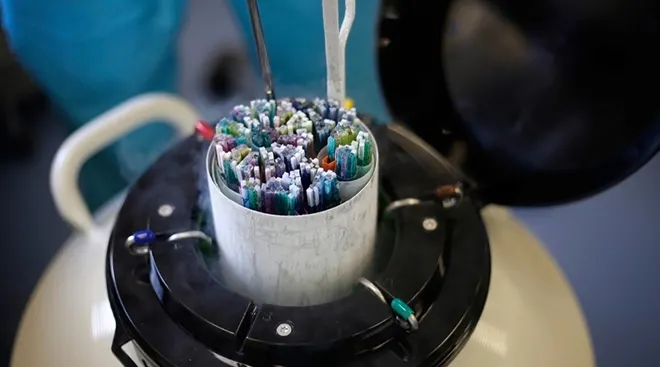New AI Methods Could Improve IVF Success Rates
Artificial intelligence (AI) is transforming in-vitro fertilization (IVF) treatment by helping doctors pinpoint the optimal timing for crucial steps in the process. A study published in Nature Communications reveals how AI can analyze IVF data to improve success rates, offering new hope to families.
During IVF, doctors use ultrasound scans to monitor follicles—sacs in the ovaries that contain eggs—and decide when to administer a hormone injection known as the “trigger.” The timing of this injection is vital, as it ensures eggs are ready for fertilization. Researchers used Explainable AI to analyze data from over 19,000 patients and found that administering the trigger when more follicles measured 13-18mm significantly improved the chances of retrieving mature eggs and achieving live births.
“IVF produces so much rich data that it can be challenging for doctors to fully make use of all of it,” said Dr. Ali Abbara, co-senior author of the study and Consultant in Reproductive Endocrinology at Imperial College Healthcare NHS Trust. “Our study has shown that AI methods are well suited to analyzing complex IVF data and could aid in personalizing treatment for better outcomes.”
The team’s findings also identified risks of overstimulation, which can cause hormonal imbalances that reduce implantation success. With AI’s ability to analyze vast datasets, doctors could refine IVF protocols to maximize success rates and minimize risks.
As researchers develop an AI tool to support clinicians in real time, the future of IVF may soon be more efficient, effective, and personalized—bringing hope to countless couples dreaming of starting a family.
Navigate forward to interact with the calendar and select a date. Press the question mark key to get the keyboard shortcuts for changing dates.





















































